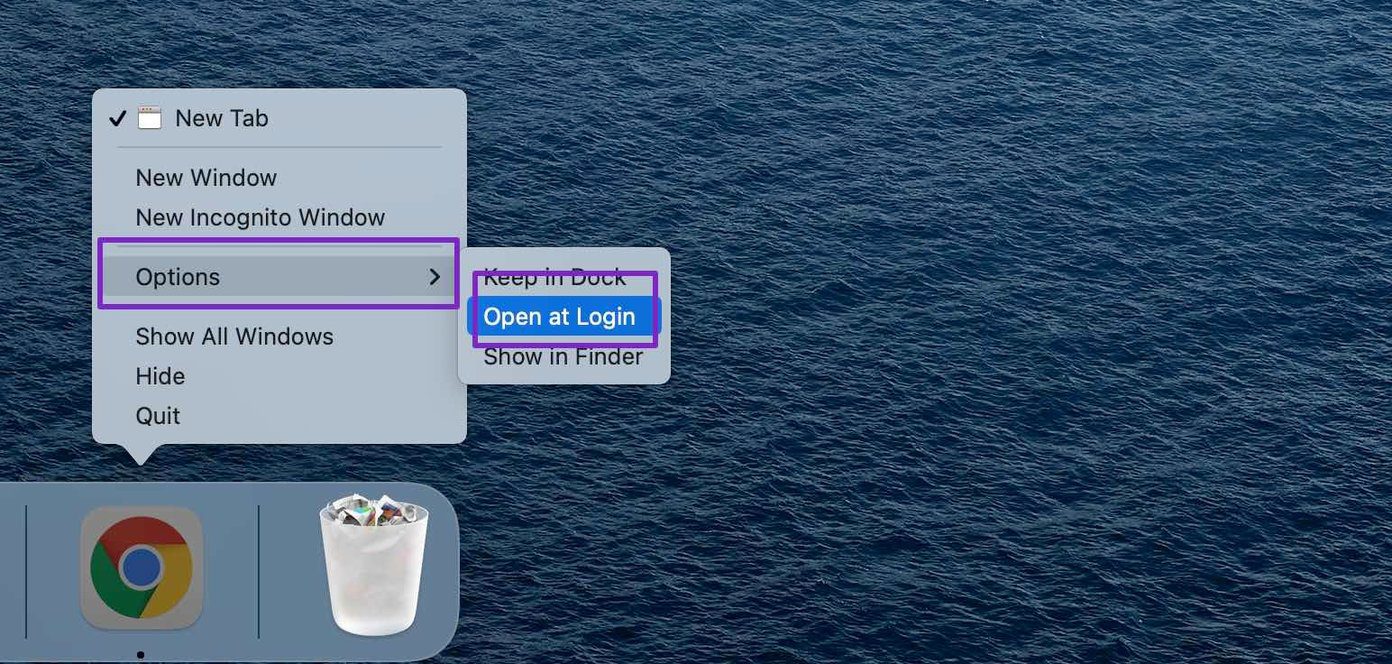
- #How to disable chrome on startup in win 7 how to#
- #How to disable chrome on startup in win 7 windows 10#
- #How to disable chrome on startup in win 7 Pc#
- #How to disable chrome on startup in win 7 windows 7#
If we delete a startup entry for a particular app and later regret it, we might need to reinstall the complete app to have it start with Windows.Īpart from the option to delete a startup entry, Ccleaner doesn't offer much more than Windows, regarding the startup apps. It's best just to disable the startup apps for a few days, to see if we changed our mind for any of them. We can Ctrl+click as many of the startup apps as we want (or just hit Ctrl+A to select them all), and disable them with one click.Ĭcleaner also offers a "Delete" option, which will not uninstall the startup apps but will just delete the startup entries. If we are already using Ccleaner, it includes an excellent solution to managing startup apps.
#How to disable chrome on startup in win 7 how to#
How to disable or remove startup apps with Ccleaner If we want to remove startup entries, we need to use a third-party solution, such as Ccleaner. The best we can do through MSconfig is to disable those startup apps. On many systems that will be the fastest way to go about it. On the "System Configuration" window, we select the "Startup" tab and uncheck any non-essential programs.Īlternatively, we can click on Disable all, and then check the few programs we really need. We just press Win+R to start the "Run command" window, and type: msconfig
#How to disable chrome on startup in win 7 windows 7#
Windows 7 doesn't have a Startup tab in the Task Manager.
#How to disable chrome on startup in win 7 windows 10#
If it's not enough to disable it, we need to uninstall the apps completely.Īlso, on Windows 8 and Windows 10 we can't disable all startup programs at once. Windows won't allow us to remove startup entries and keep the programs. We can disable any of the startup programs with a right-click and by selecting "Disable." Then, we click on "More details," to get the full Task Manager.Īt a glance, we can see all the startup programs, and how much impact they have on the system's startup. We can open the Task Manager by right-clicking the taskbar.Īlternatively, we can use the shortcut Ctrl+Shift+Esc. In Windows 8 and Windows 10, we can use the Task Manager to disable startup apps. If we don't always need those programs while Windows is running, why have them occupy even a small percentage of the system's resources? How to disable startup apps on Windows 8 and Windows 10
#How to disable chrome on startup in win 7 Pc#
In any case, even if we have the most powerful PC in a hundred-mile radius, we should deal with startup apps. But for a budget PC with a 2-core CPU and 2GB or 4GB of RAM, the startup apps can slow down the system to a crawl. On an upper mid-range PC and above, with an i5 or i7 and 8GB or 16GB of RAM, the slowdown might not be particularly noticeable. But when we have a dozen of startup apps, the resource consumption quickly adds up.

:max_bytes(150000):strip_icc()/003-change-startup-behavior-in-windows-browsers-3867271-afe1c2669c0443969a48ba782277a94c.jpg)
They might also use CPU time, at the expense of any programs we want to run.Ĭompare the picture above with the respective processes in a clean Windows installation.Īny single one of the startup programs might not use too many resources.

That means that for the duration of the Windows session, those startup programs are using part of our system's RAM. How bad do the startup apps slow down our PC?Įvery app that starts with Windows will keep running until we manually close it, or we shut Windows down. And with the small profit margins in PC sales, this trend won't stop anytime soon.


 0 kommentar(er)
0 kommentar(er)
